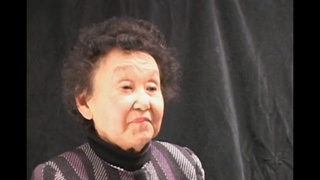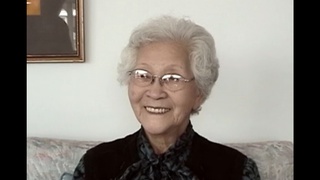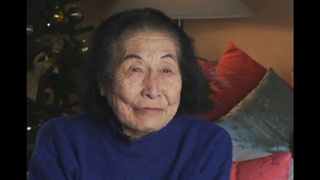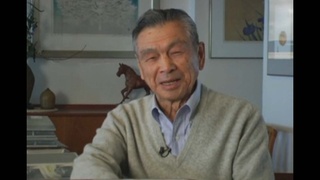Interviews
Working in cane fields as teenager to supplement family income
Well, when I was 12, 14 years old, all the kids used to work in the cane field those days during the summer. You worked for about maybe two and a half months during the summer and try to make as much money as you can. And those days, you work a whole day and they pay you only 25 cents a day. But, we all had to work to help because my father was working in the cane field all day, 12, 14 hours a day, and he'll come home and make only about $70 or $80 a month. So when you have seven kids, you know, that's not enough. So, during the summer, my brother, myself, my sister, we all try to help out to try to make as much money we can. So, I used to work in the cane field, get up maybe 4 o'clock in the morning and go to cane field and cut grass. And I used to hate that job because, you know, the leaves would cut you and all that.
Date: December 16, 2003
Location: Hawai'i, US
Interviewer: Art Hansen, John Esaki
Contributed by: Watase Media Arts Center, Japanese American National Museum.











